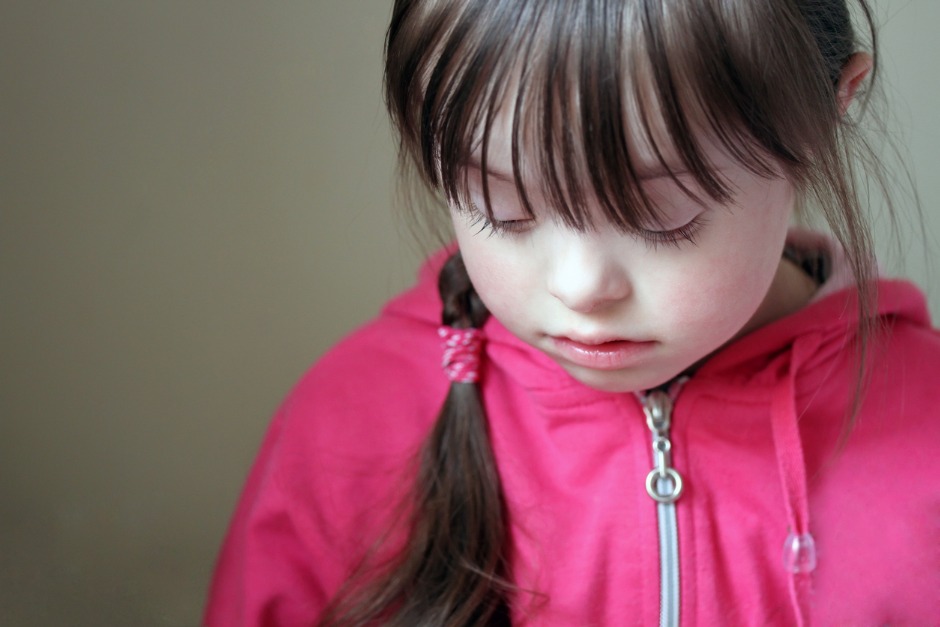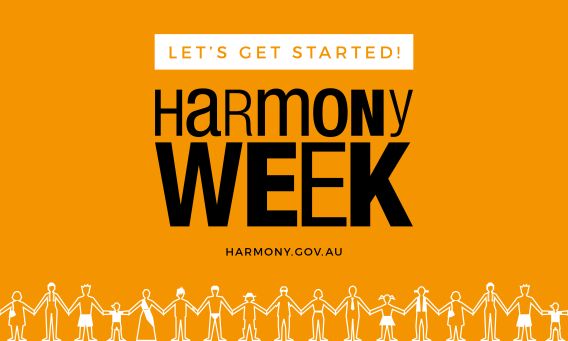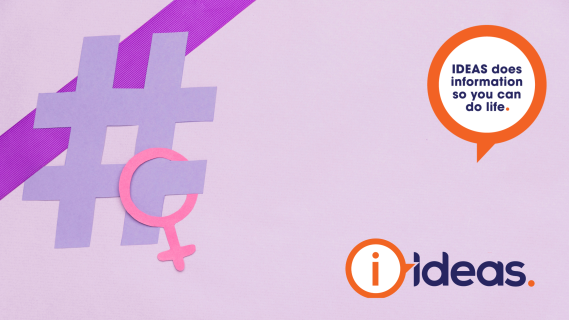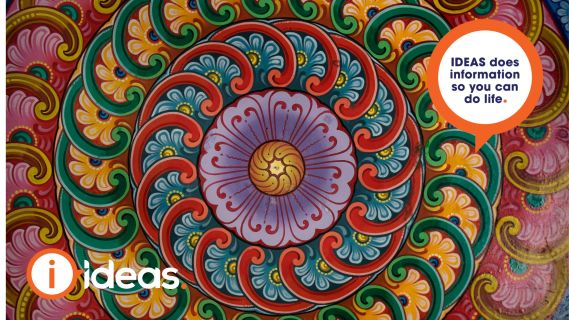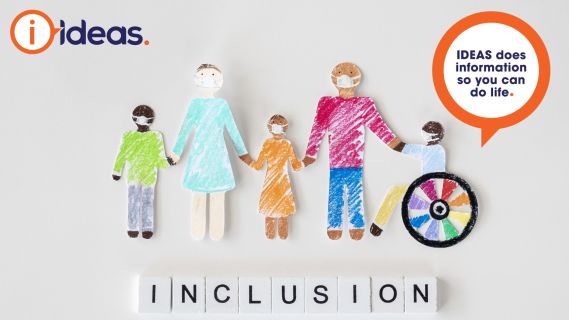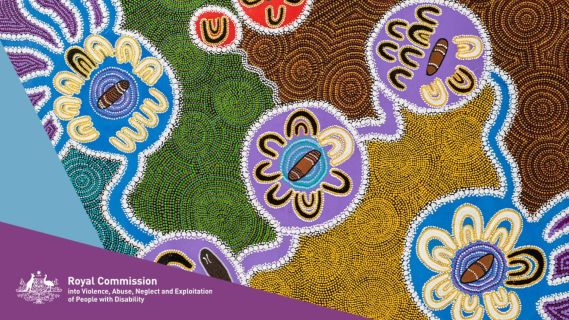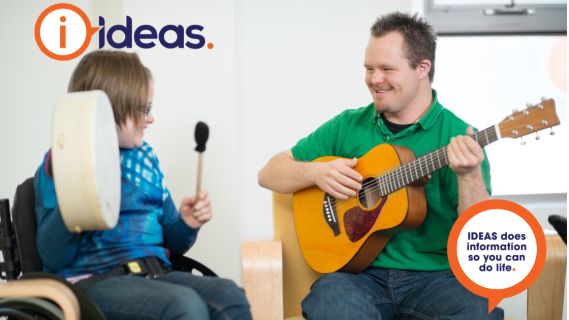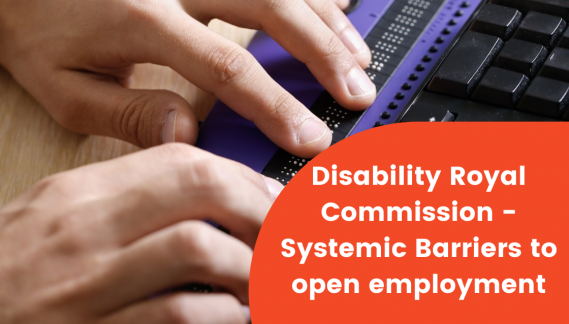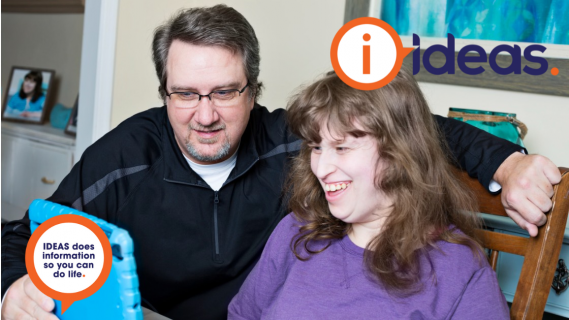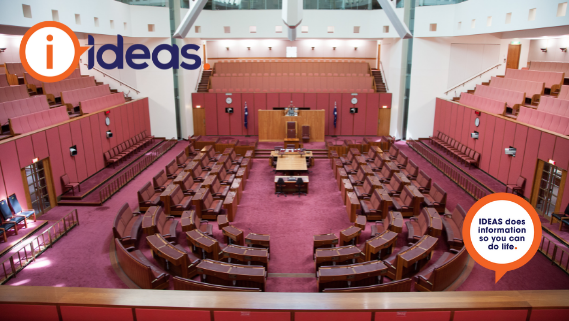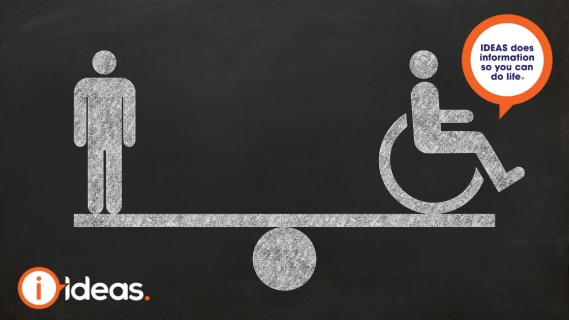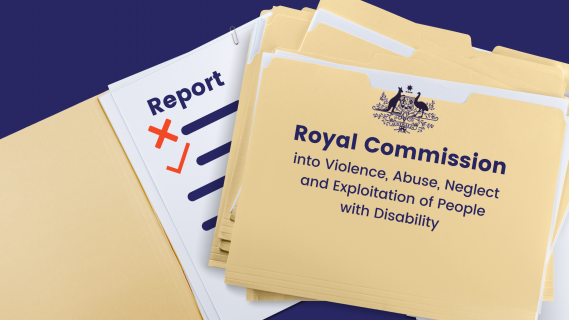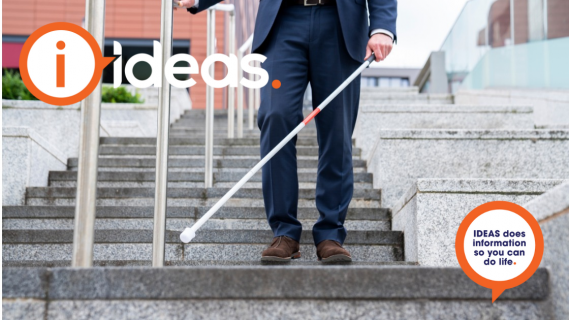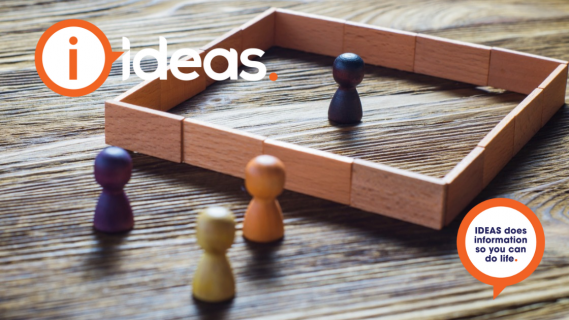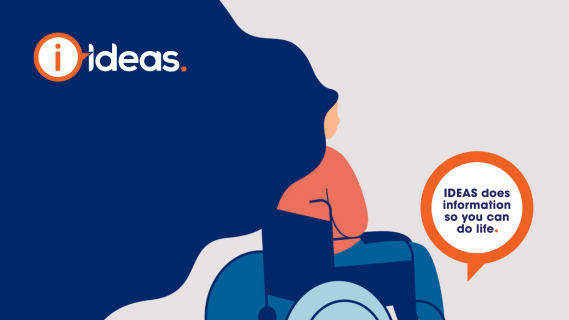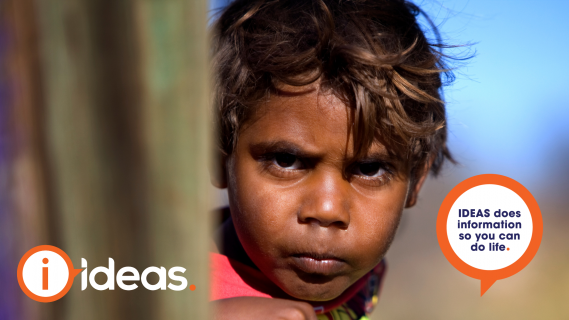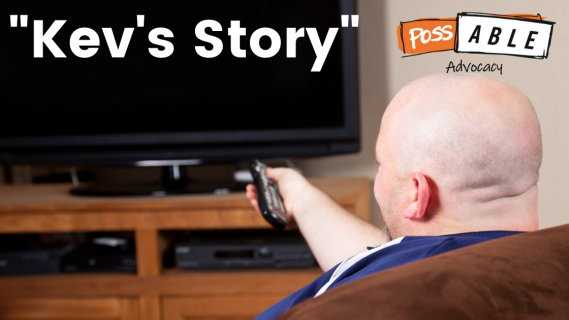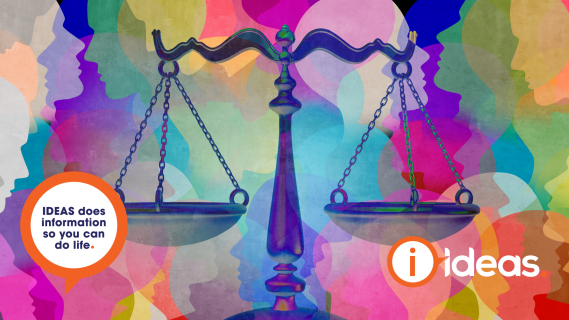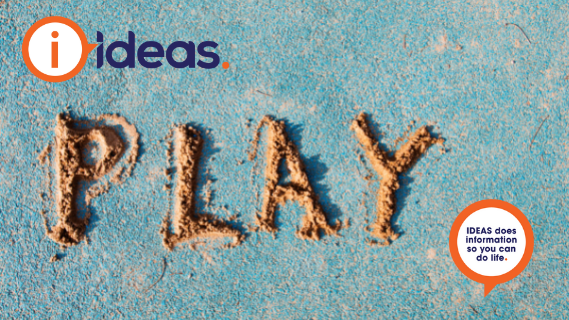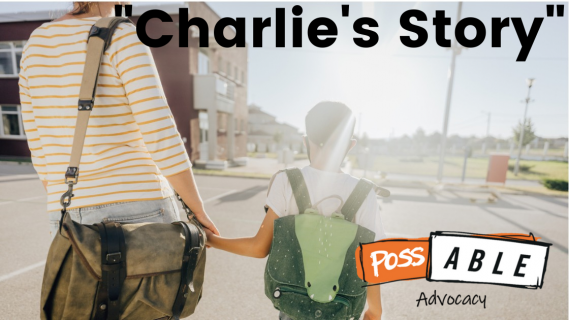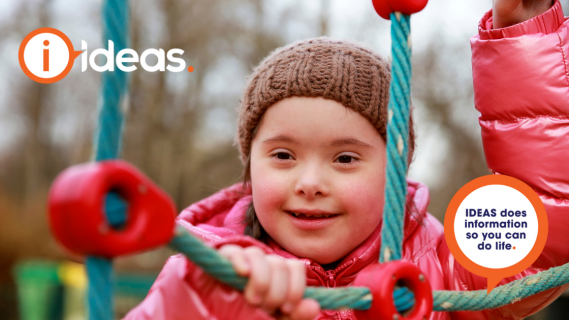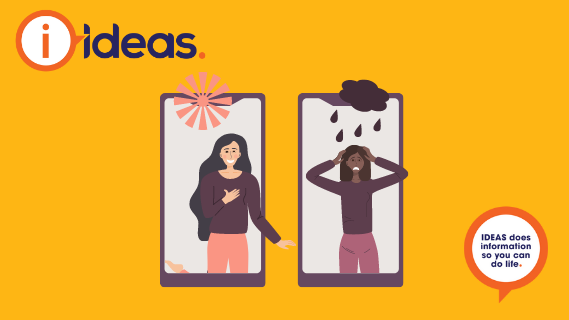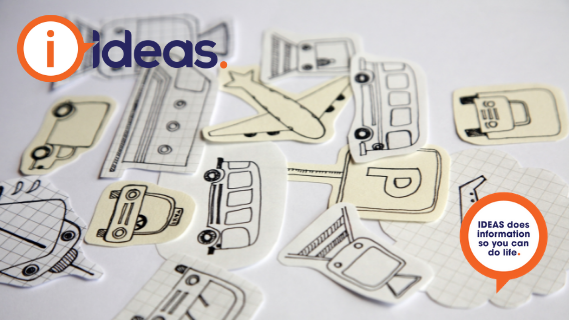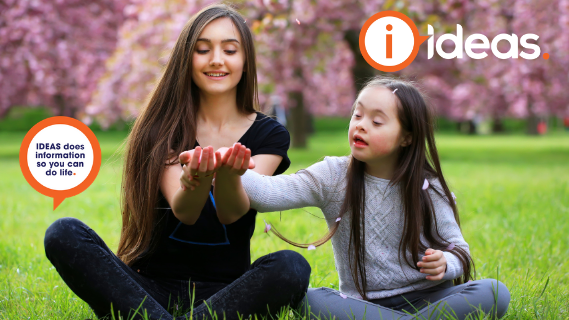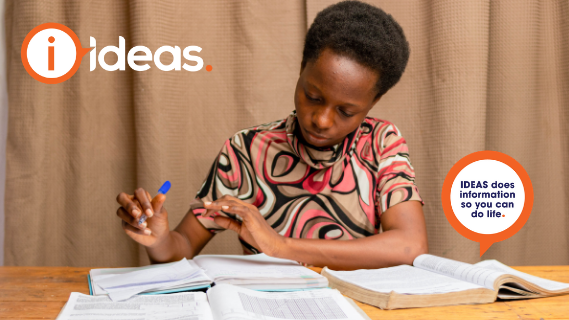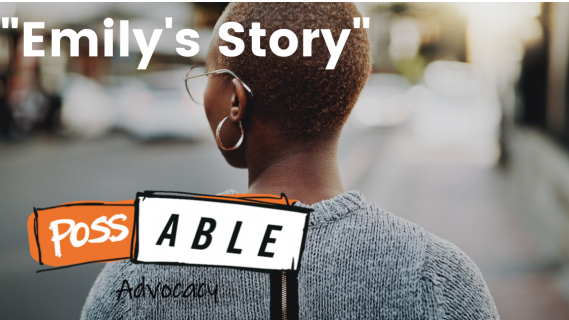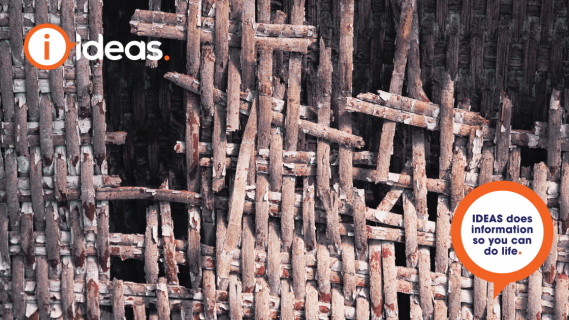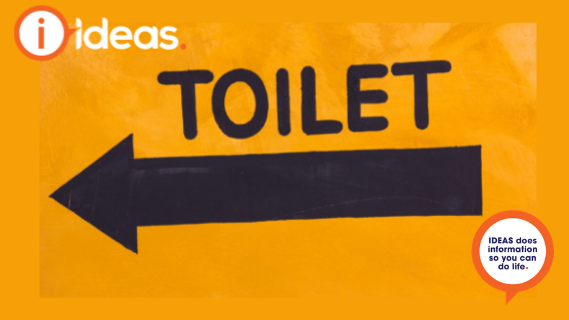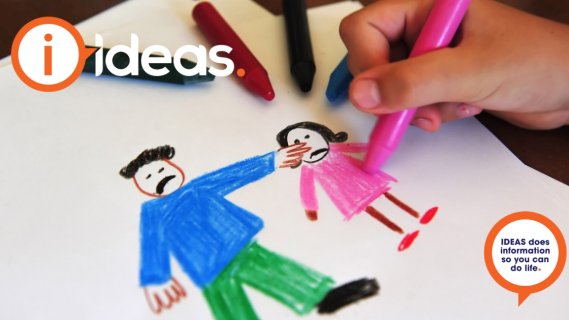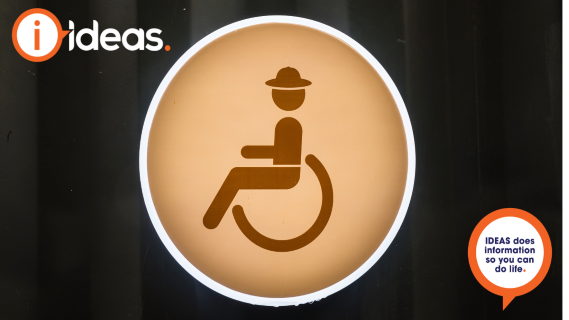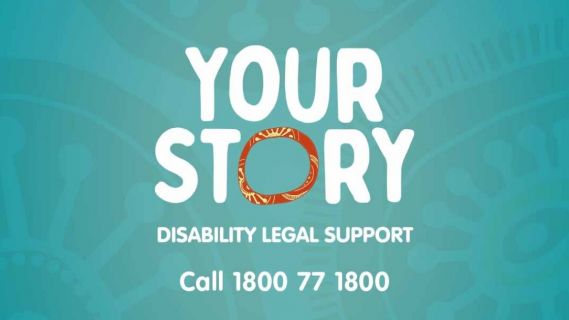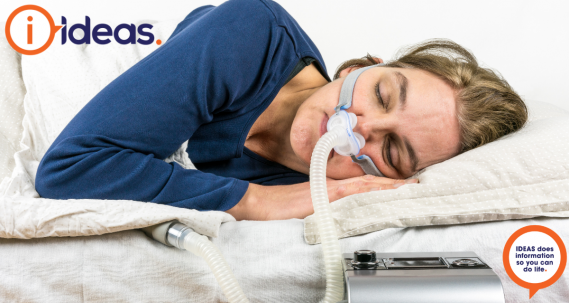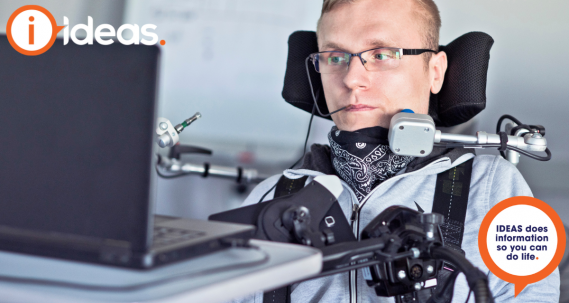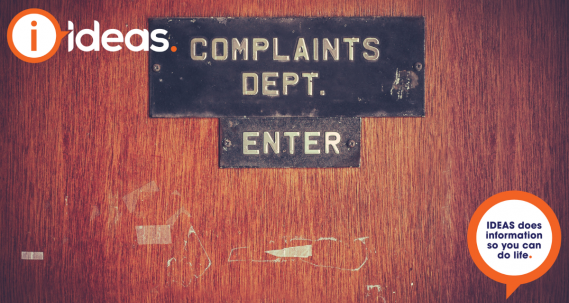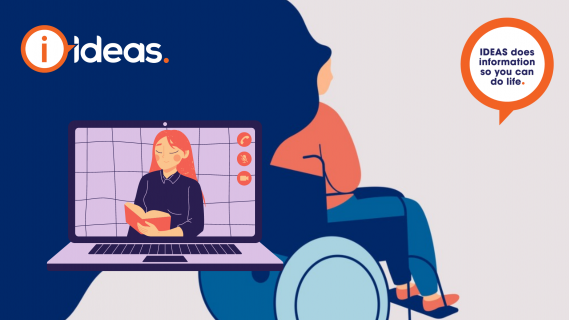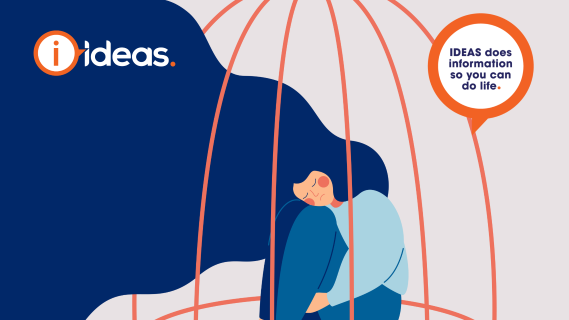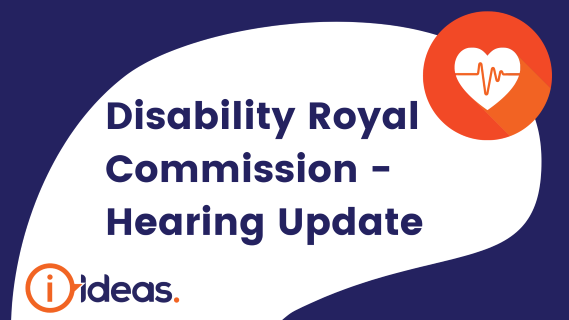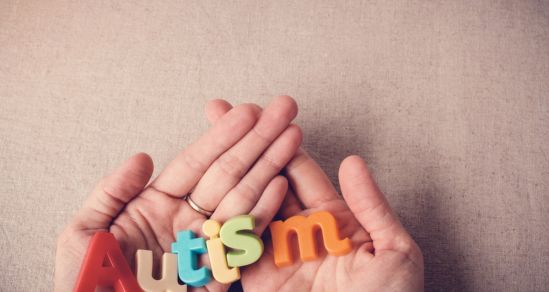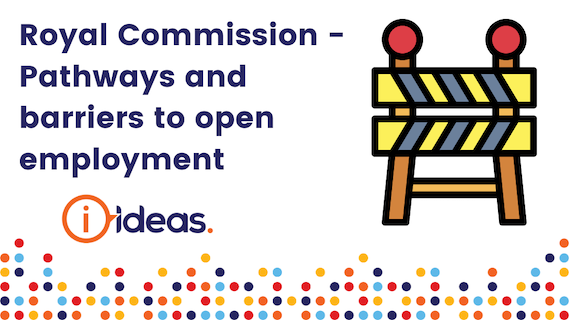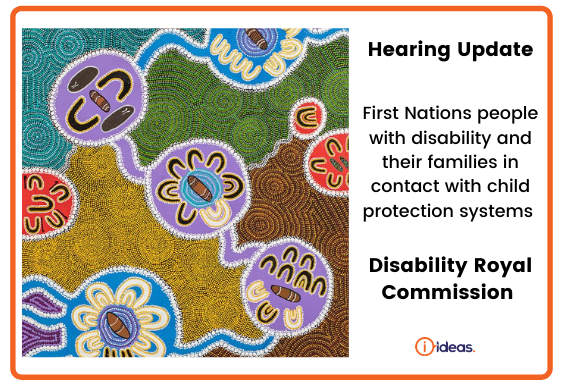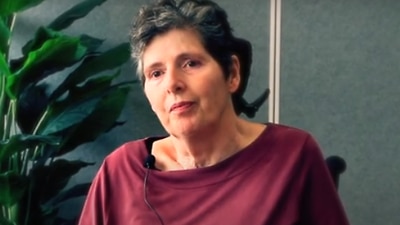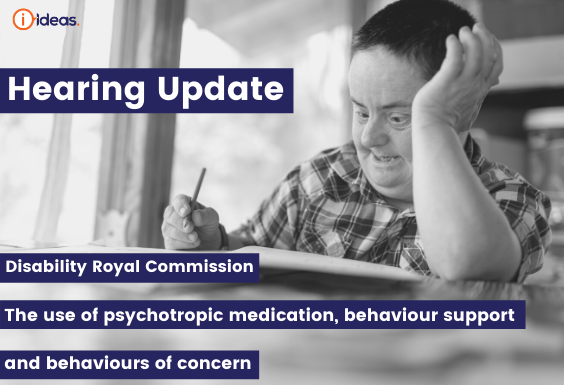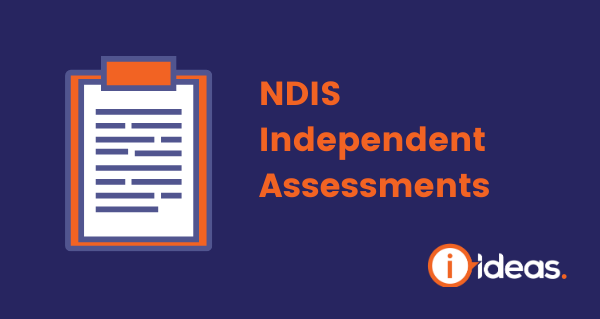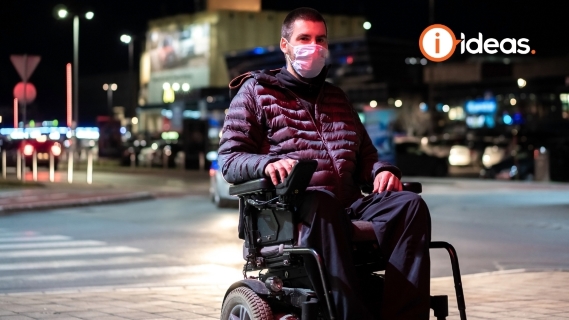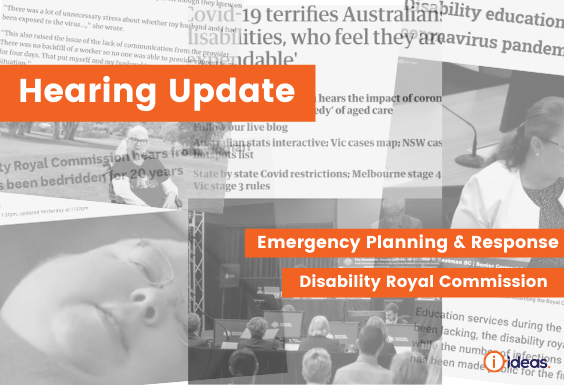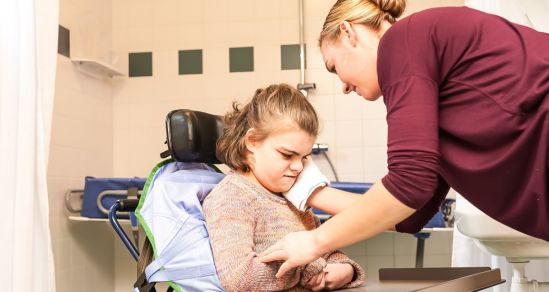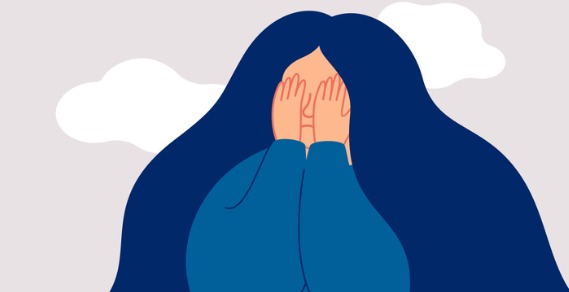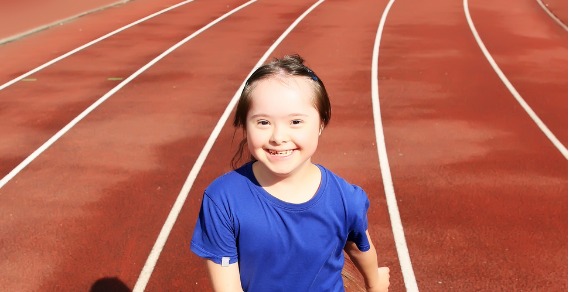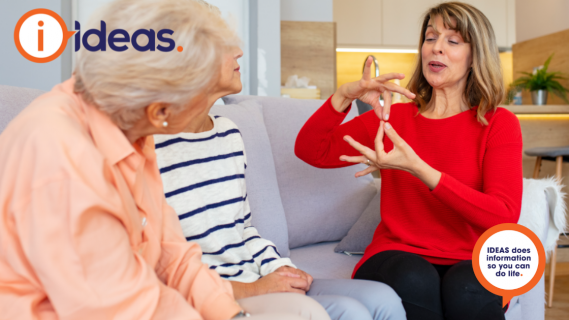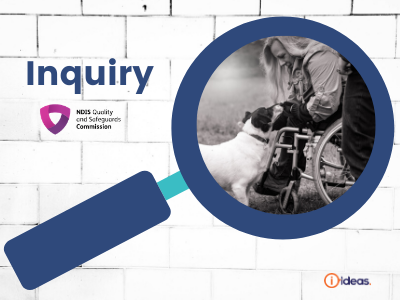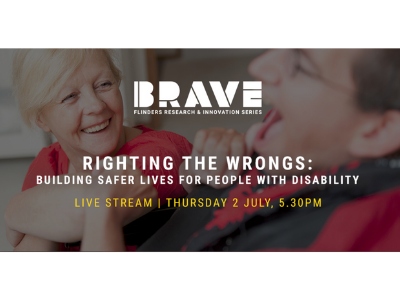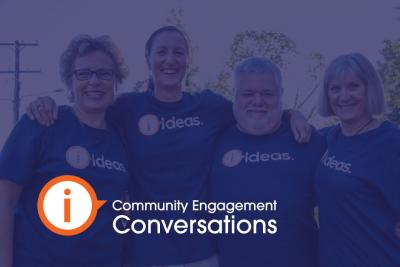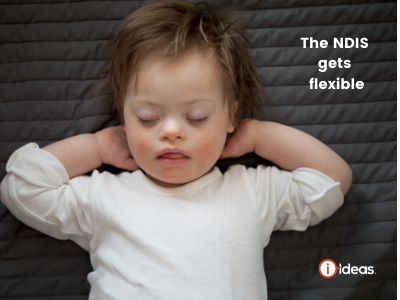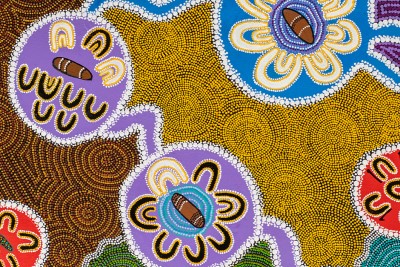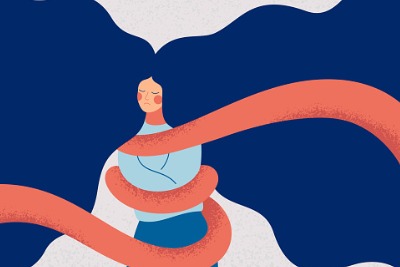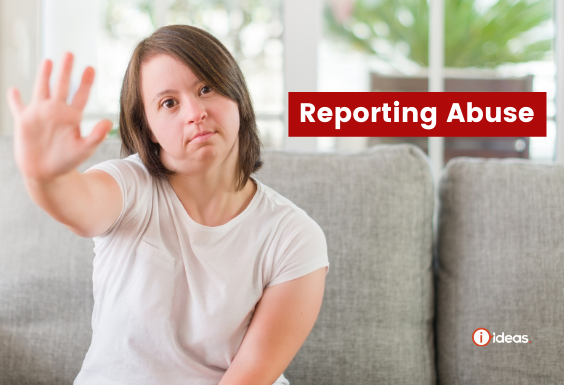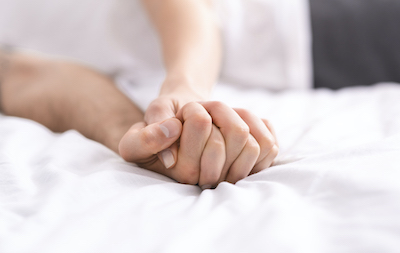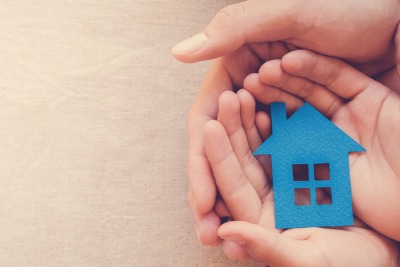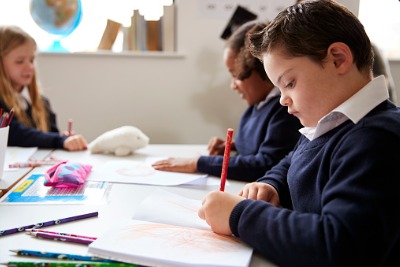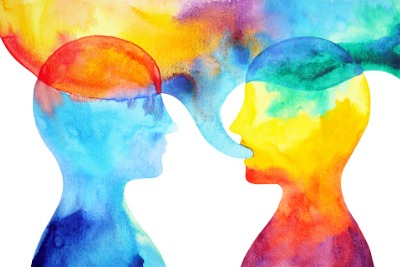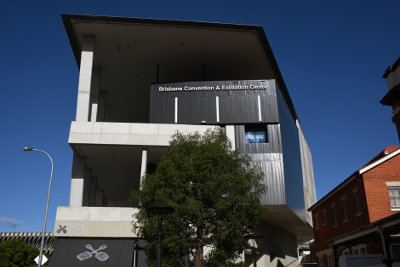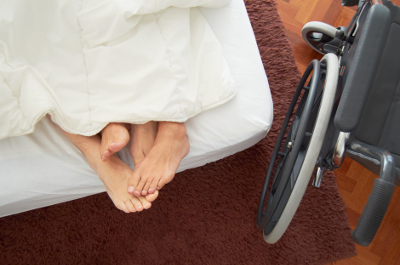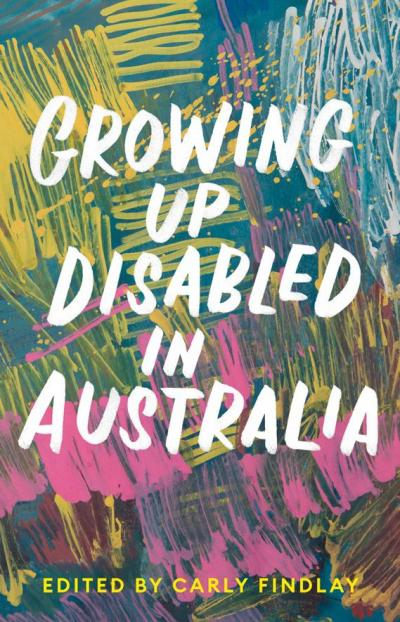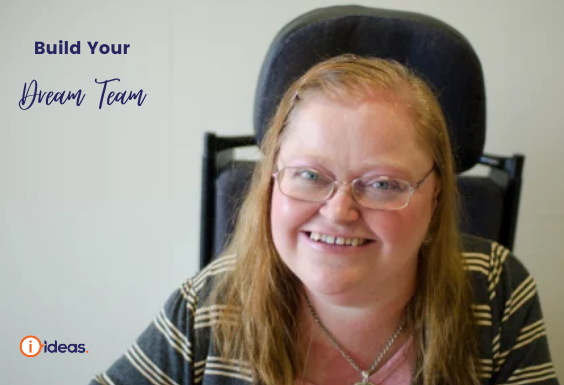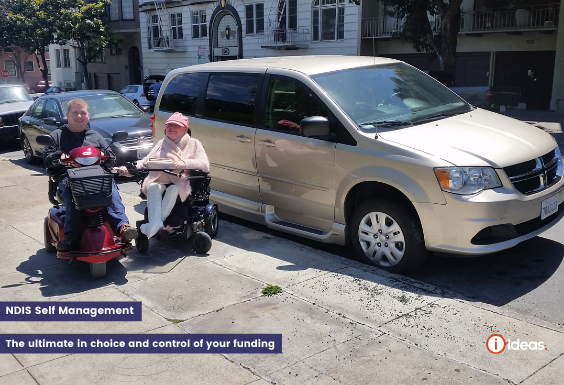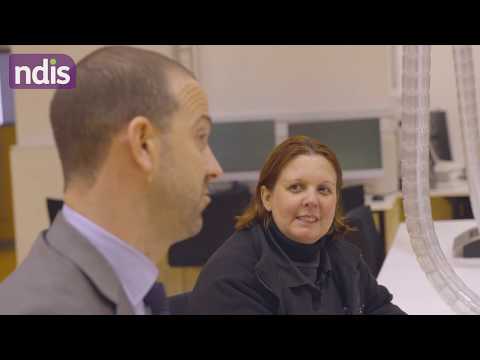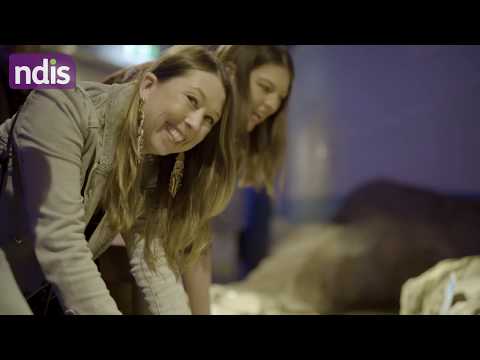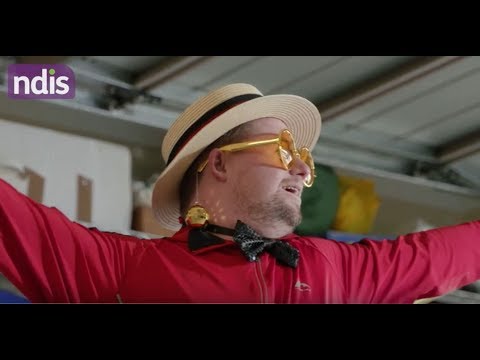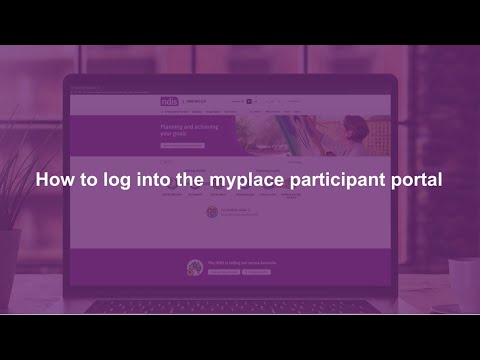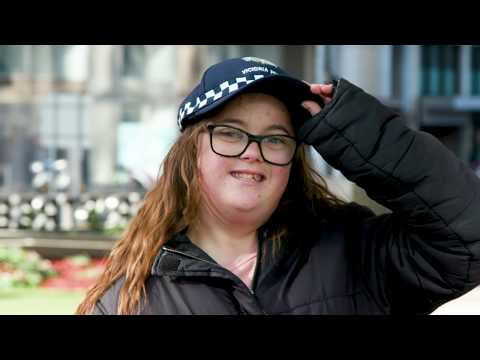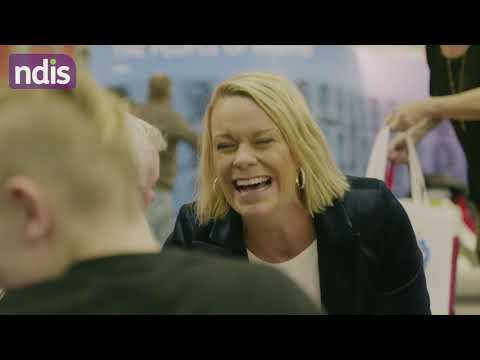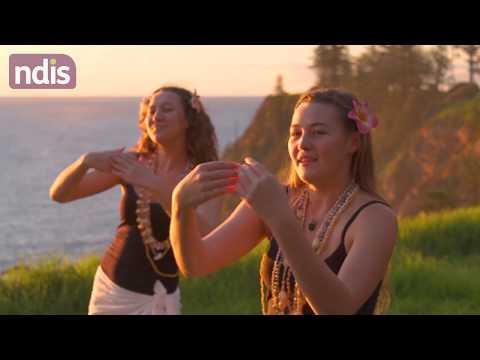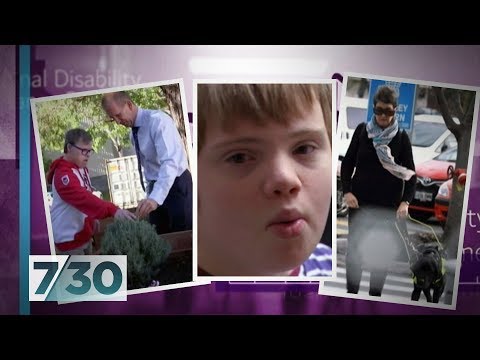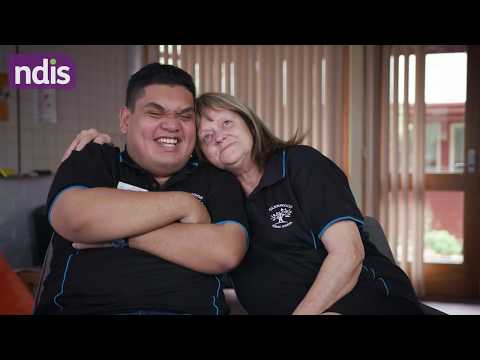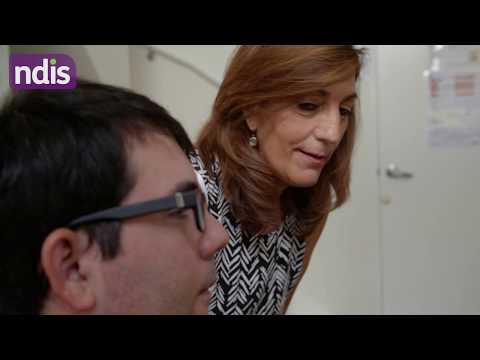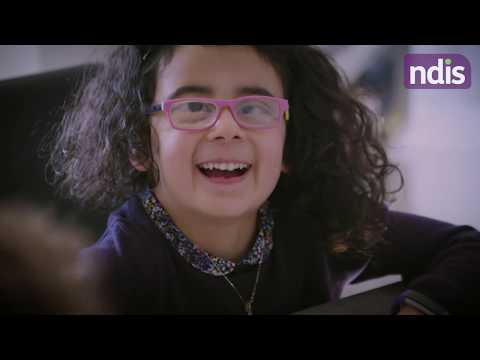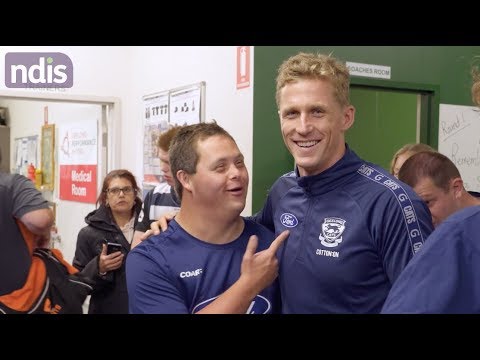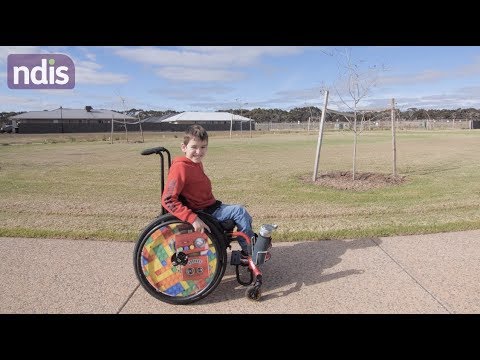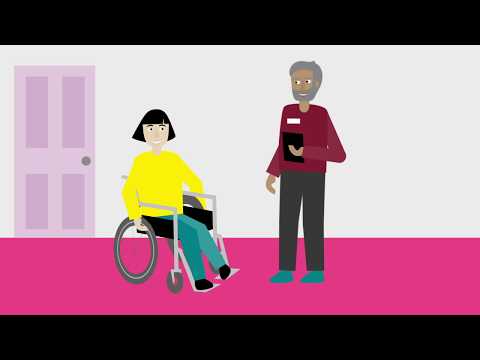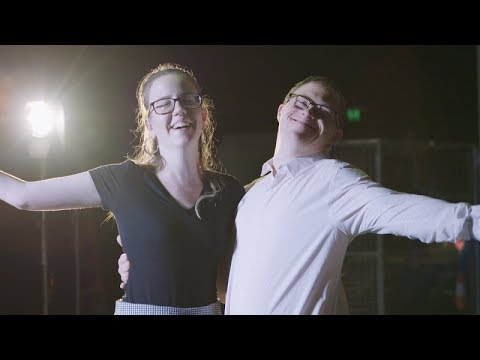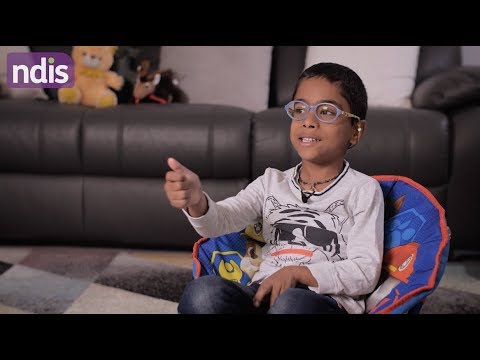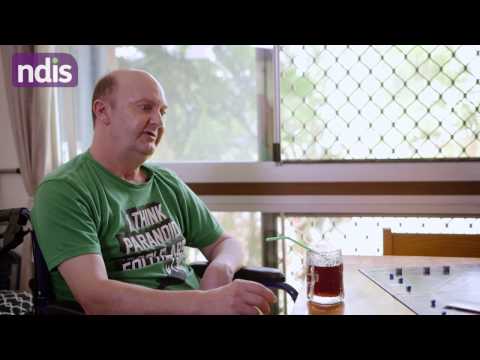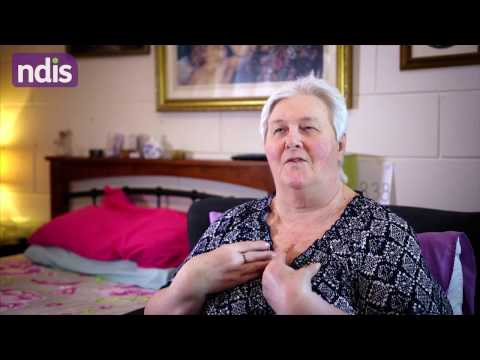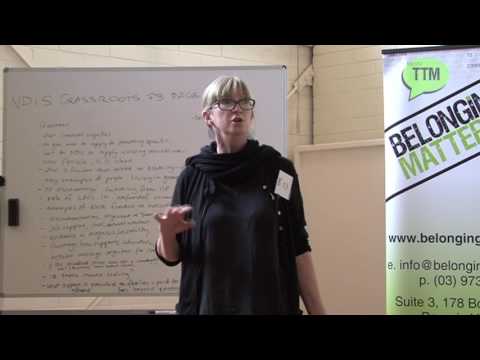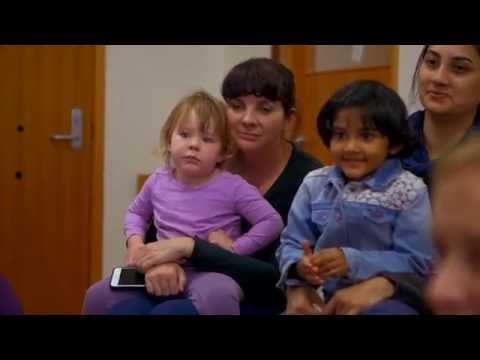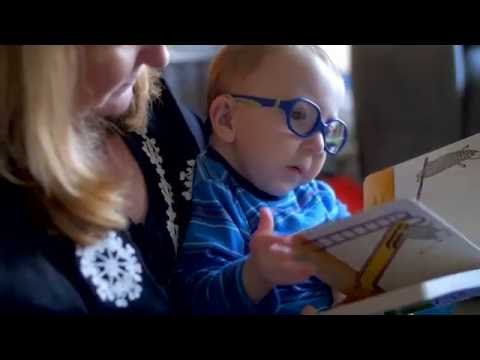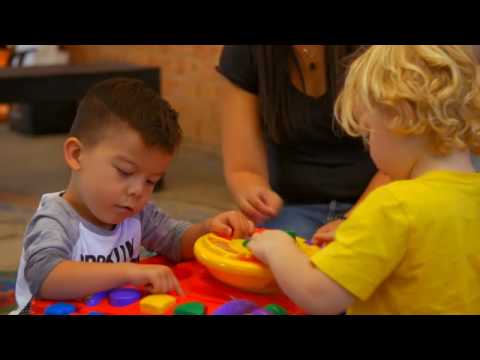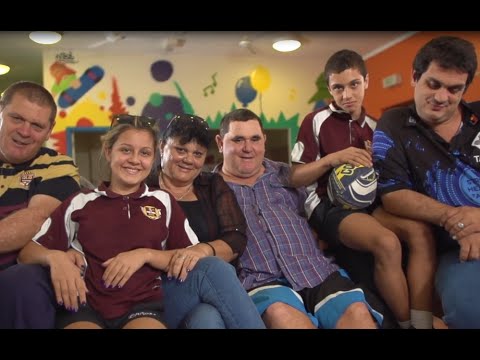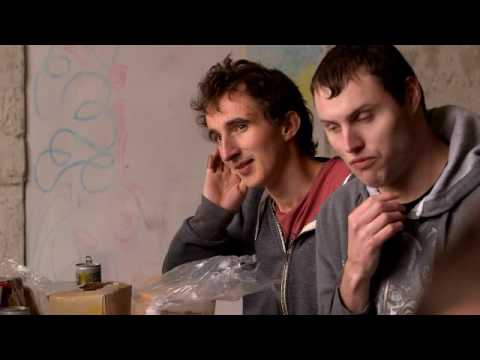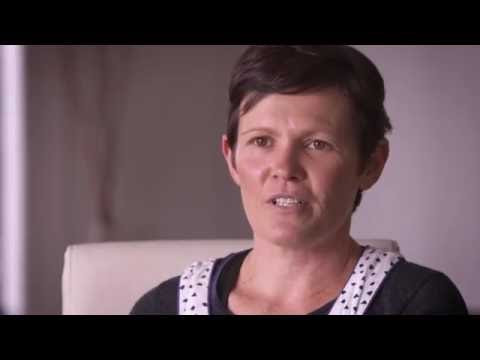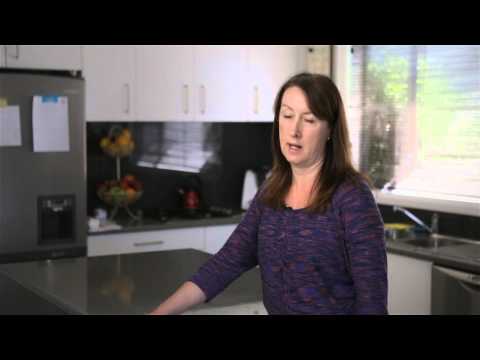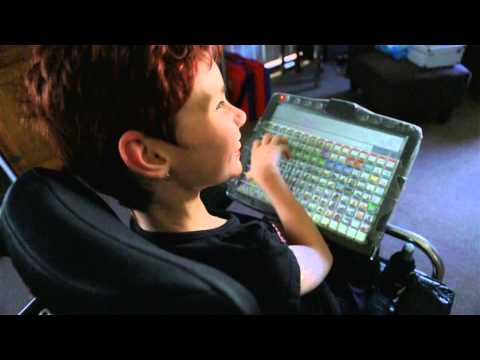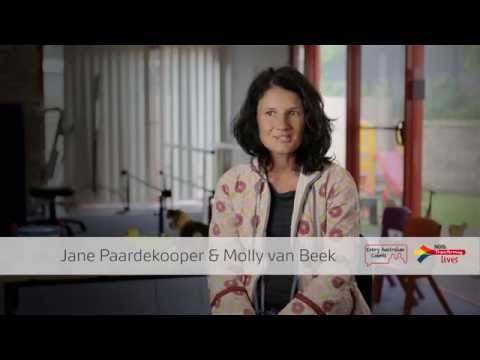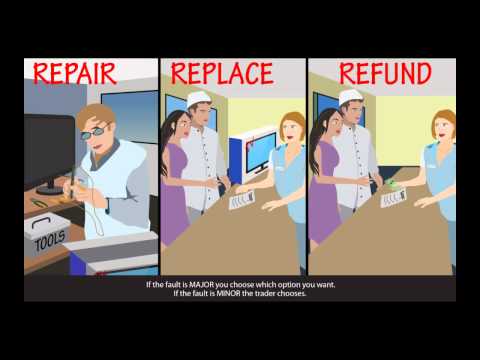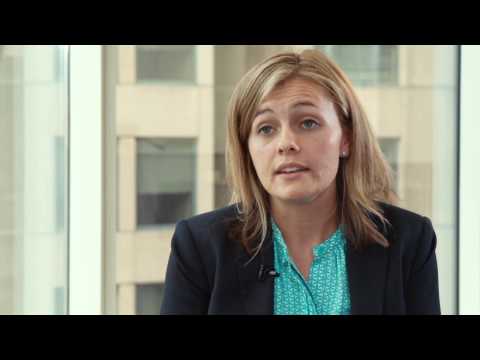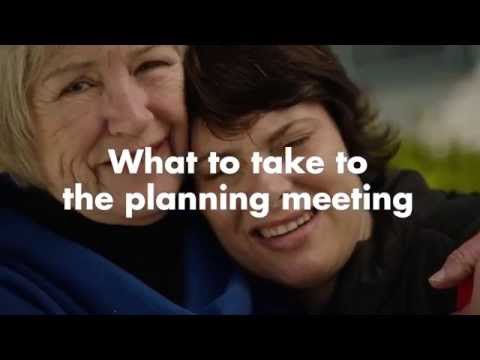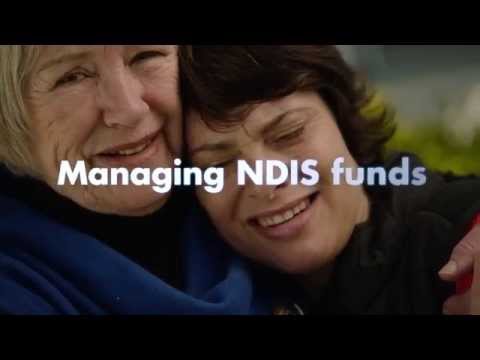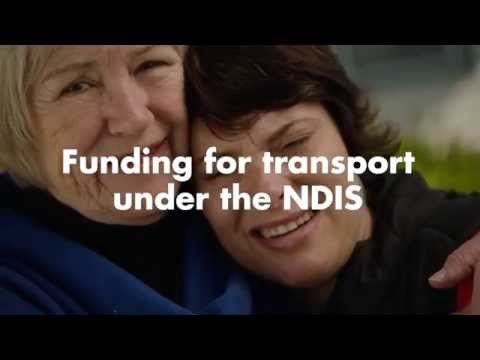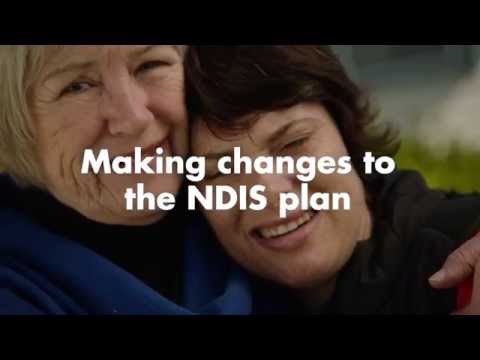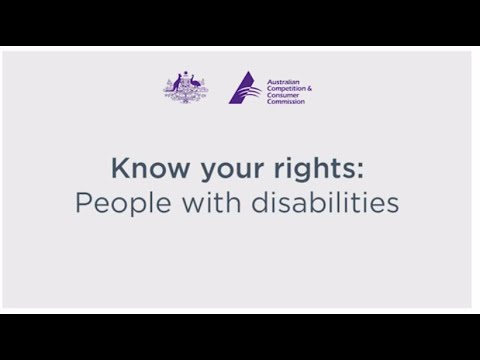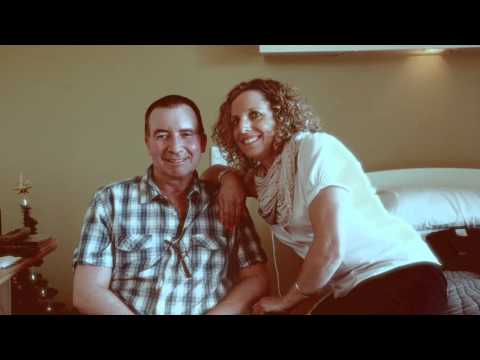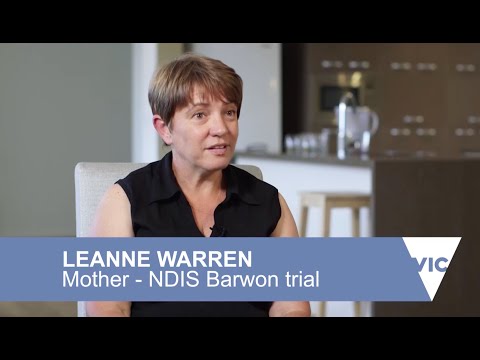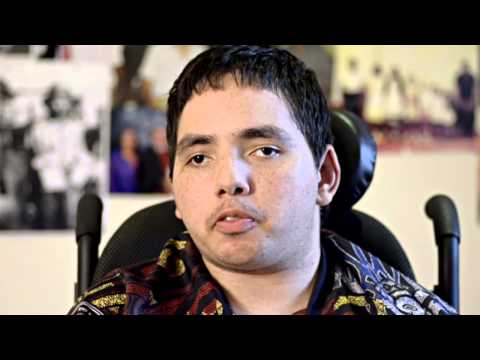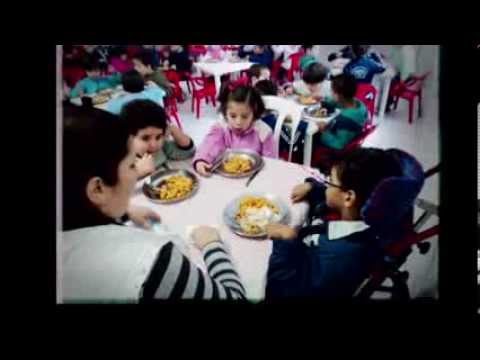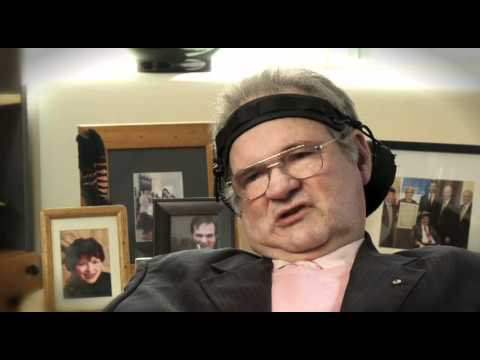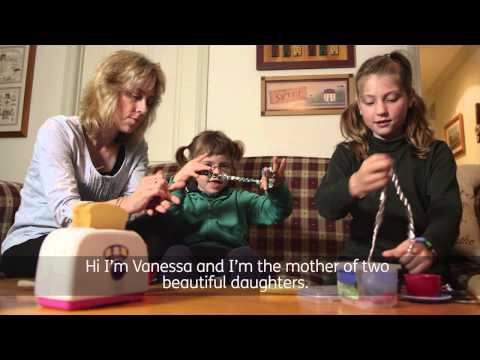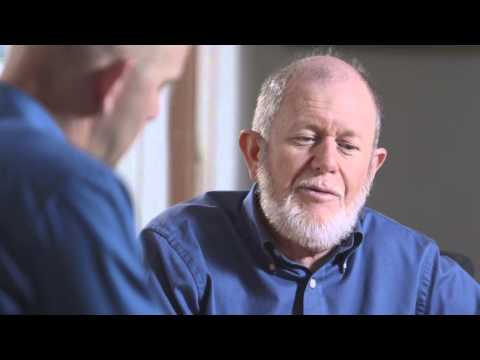Horrific cases of abuse and neglect of people with disability have come to light in recent days. These cases highlight the continued and urgent need for reform in the disability sector to ensure the protection of the rights and dignity of people with disability in Australia.
Content warning
Some details in this article are graphic and may be disturbing to some readers. If this article affects you, please use the contacts for reporting abuse or getting help provided.
Updated September 4th, 2020
A report from the Independent Review of the adequacy of the regulation of the supports and services provided to Ms Ann-Marie Smith, an NDIS participant, who died on 6 April 2020, has now been released. Conducted by the Hon. Alan Robertson SC, the review states:
I do identify in this Report a number of structural impediments to the Commission acting earlier, including its inability to access participant data in real-time and its reliance on the providers that it regulates for timely and accurate information.
It also makes 10 recommendations about changes to the NDIS Commissions, processes, systems and legal framework. Given Ann Marie Smith had only one support worker, one of the recommendations is:
No vulnerable NDIS participant should have a sole carer providing services in the participant’s own home. The relevant statutory instruments and guidelines should be amended to provide expressly for this.
Other recommendations relate to a Community Visitor Scheme, the ability to ban support workers from working in the disability sector, how a reportable incident is defined and being able to identify harm and risk earlier.
The Commissioner of the NDIS Quality and Safeguards Commission, Mr Graeme Head stated:
"The report and suggested actions for the NDIS Commission will be given careful and thorough consideration. The NDIS Commission has already initiated work with providers supporting people with disability in their own homes who have chosen to have a single worker, so those supports have appropriate and thorough oversight."
Download
Independent review - Report to the Commissioner ![]() PDF [1 MB]
PDF [1 MB] ![]() DOCX [128.8 kB]
DOCX [128.8 kB]
Original article below
In April 2020, it was revealed that a woman with a disability had died after alleged abuse and neglect by a disability support worker, who had left her confined to a cane chair for more than a year. The Disability Royal Commission has issued a statement regarding the death of Ann Marie Smith, the 54-year-old woman with cerebral palsy who died on April 6th in South Australia. Ann Marie died of multiple organ failure and malnourishment after she was left sitting in a chair for over a year in “disgusting and degrading conditions”. Her death has shocked and saddened Australians and prompted a coronial inquest. An online vigil is being held in her honour on Saturday, May 30th, with organisers asking people to take A Minute for Ann-Marie, the time they believe it could have taken for someone to speak up and save her life.
The Royal Commission into Violence, Abuse, Neglect and Exploitation of People with Disability was established in April 2019 in response to community concern about widespread reports of violence against, and the neglect, abuse and exploitation of, people with disability. Although the Royal Commission has temporarily suspended public hearings and community sessions in response to the COVID-19 crisis, Ann Marie’s death highlights the continued and urgent need for this work to resume.
Last week, Willow Dunn, a 4-year-old girl with Down Syndrome, was found dead in her cot in Brisbane. Her father has been charged with her murder. Police allege Willow died two days before emergency services were contacted and there was evidence of sustained mistreatment and neglect of the young girl with a disability. Willow’s death further identifies a gap in the disability care and child safety systems which has allowed the alleged sustained mistreatment and murder of Willow to occur.
There has been an outpouring of grief from the community, with a “COVID-safe” online candlelight vigil held in her memory. People shared images of burning candles with the hashtag #HerNameIsWillow on social media platforms like Facebook and Twitter.
Read more: Sydney Morning Herald: Willow Dunn suffered 'sustained mistreatment', police allege
Two teenage boys with autism were further discovered last week locked in a room and living in squalid conditions when their father died suddenly on the lawn of his property. Much of the media focus in the case of the death of Ann Marie Smith has been around neighbour and community culpability.
However, in this case, neighbours claim to have informed the Department of Child Safety (DOCS) on several occasions dating back years. Distressing footage of the malnourished boys confined to an unfurnished room and clothed only in nappies has emerged. This case further underlines the essential need for reform and further investigation into reported cases of abuse and neglect, especially of children and vulnerable adults with disabilities.
Reporting abuse of people with a disability
Every person with a disability has the right to be safe. It is important to report any suspected cases of abuse. Read our resource on Reporting abuse of people with a disability to find out more or contact the National Disability Abuse and Neglect Hotline.
National Disability Abuse and Neglect Hotline
Phone: 1800 880 052Email: This email address is being protected from spambots. You need JavaScript enabled to view it.For more information, check our full directory listing.Making a submission to the Disability Royal Commission
You can share your experiences of violence, neglect, abuse or exploitation with the Royal Commission. This helps the Commission learn more about the problem and how it can help prevent it in the future.
You can share your experiences by making a submission or applying for a private session with a Commissioner.
Disability Royal Commission
Phone: 1800 517 199Email: This email address is being protected from spambots. You need JavaScript enabled to view it.Web: www.disability.royalcommission.gov.au For more information, check our full directory listing.Getting help
The Blue Knot Foundation provides a trauma-informed National Counselling and Referral Service for people with disability, their families and supporters who are affected by violence, abuse, neglect and exploitation. This service was set up to support people affected by the Disability Royal Commission process but can be used by anyone with a disability or family member with a disability who has or is experiencing violence, abuse, neglect or exploitation.

